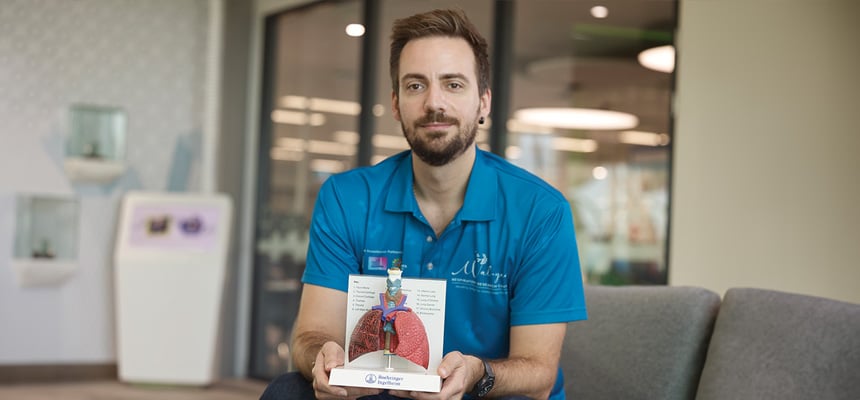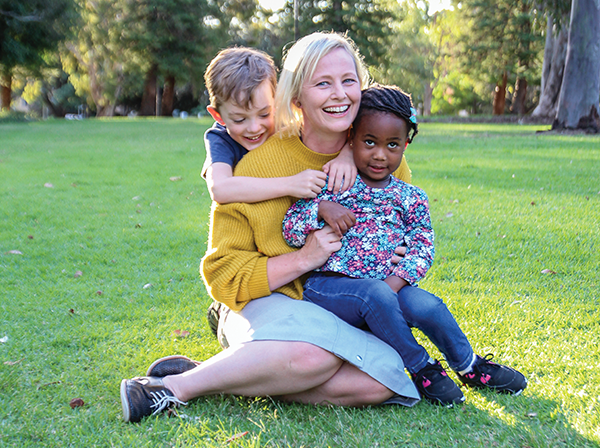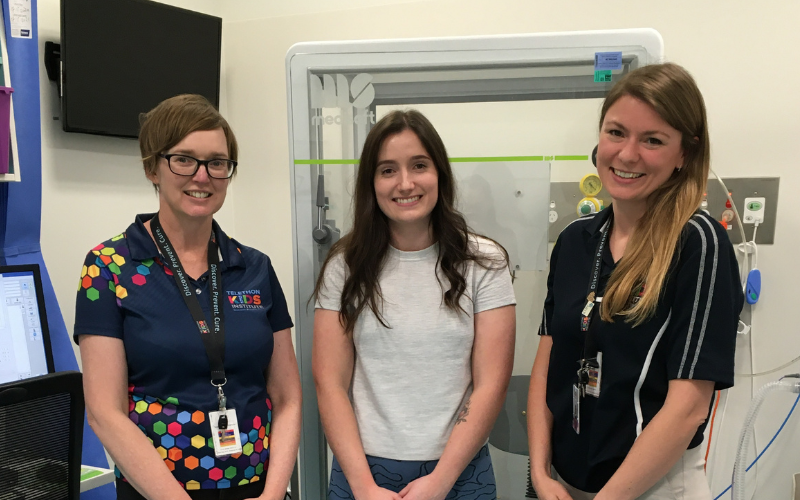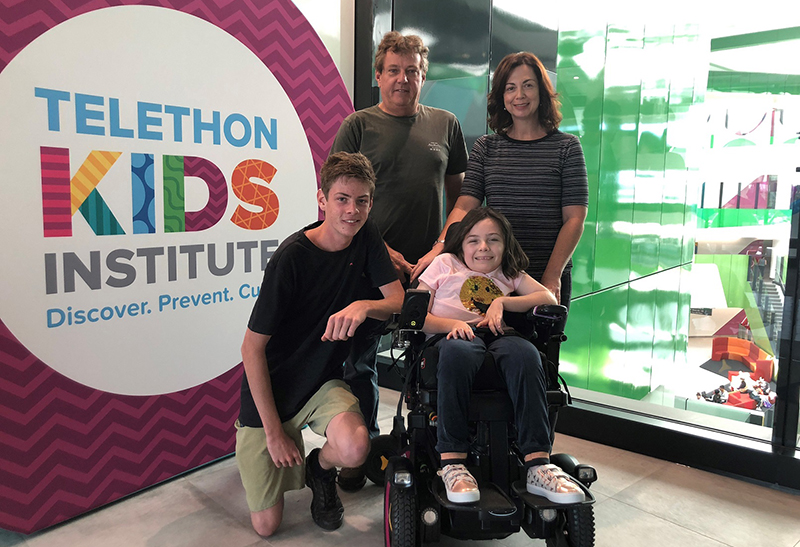Search

An exciting study is investigating whether a new therapeutic treatment for asthma will protect young sufferers from ongoing lung damage and improve their long-term health outcomes.
News & Events
Toxic, harmful chemicals found in popular Australian e-liquidsPerth researchers have found toxic and harmful chemicals in several dozen e-cigarette liquids readily available in Australia.

Each year, 11% (15 million) of the world’s babies are delivered before 37 weeks’ gestation.

News & Events
New risk factor identified to help predict the long-term lung health of young adults born very pretermA study which set out to determine ways to predict the long-term lung health of young adults born very preterm has shown that a childhood history of respiratory hospital admission should be a key consideration in the management of preterm children and adults.

Neuromuscular disorders include many rare conditions, such as Duchenne Muscular Dystrophy and Spinal Muscular Atrophy, that adversely impact respiratory health.
Research
Tracing the transmission of mpox through wastewater surveillance in Southeast AsiaHigh population density and tourism in Southeast Asia increase the risk of mpox due to frequent interpersonal contacts. Our wastewater surveillance in six Southeast Asian countries revealed positive signals for Monkeypox virus (MPXV) DNA, indicating local transmission. This alerts clinicians and helps allocate resources like testing, vaccines and therapeutics in resource-limited countries.
Research
Performance Accuracy of Wrist-Worn Oximetry and Its Automated Output Parameters for Screening Obstructive Sleep Apnea in ChildrenObstructive sleep apnea (OSA) increases the risk of perioperative adverse events in children. While polysomnography remains the reference standard for OSA diagnosis, oximetry is a valuable screening tool. The traditional practice is the manual analysis of desaturation clusters derived from a tabletop device using the McGill oximetry score. However, automated analysis of wearable oximetry data can be an alternative. This study investigated the accuracy of wrist-worn oximetry with automated analysis as a preoperative OSA screening tool.
Research
Fathers’ preconception smoking and offspring DNA methylationExperimental studies suggest that exposures may impact respiratory health across generations via epigenetic changes transmitted specifically through male germ cells. Studies in humans are, however, limited. We aim to identify epigenetic marks in offspring associated with father's preconception smoking.
Research
Epigenetics of the non-coding RNA nc886 across blood, adipose tissue and skeletal muscle in offspring exposed to diabetes in pregnancyDiabetes in pregnancy is associated with increased risk of long-term metabolic disease in the offspring, potentially mediated by in utero epigenetic variation. Previously, we identified multiple differentially methylated single CpG sites in offspring of women with gestational diabetes mellitus, but whether stretches of differentially methylated regions can also be identified in adolescent GDM offspring is unknown.
Research
Early treatment with fluvoxamine, bromhexine, cyproheptadine, and niclosamide to prevent clinical deterioration in patients with symptomatic COVID-19: a randomized clinical trialRepurposed drugs with host-directed antiviral and immunomodulatory properties have shown promise in the treatment of COVID-19, but few trials have studied combinations of these agents. The aim of this trial was to assess the effectiveness of affordable, widely available, repurposed drugs used in combination for treatment of COVID-19, which may be particularly relevant to low-resource countries.
